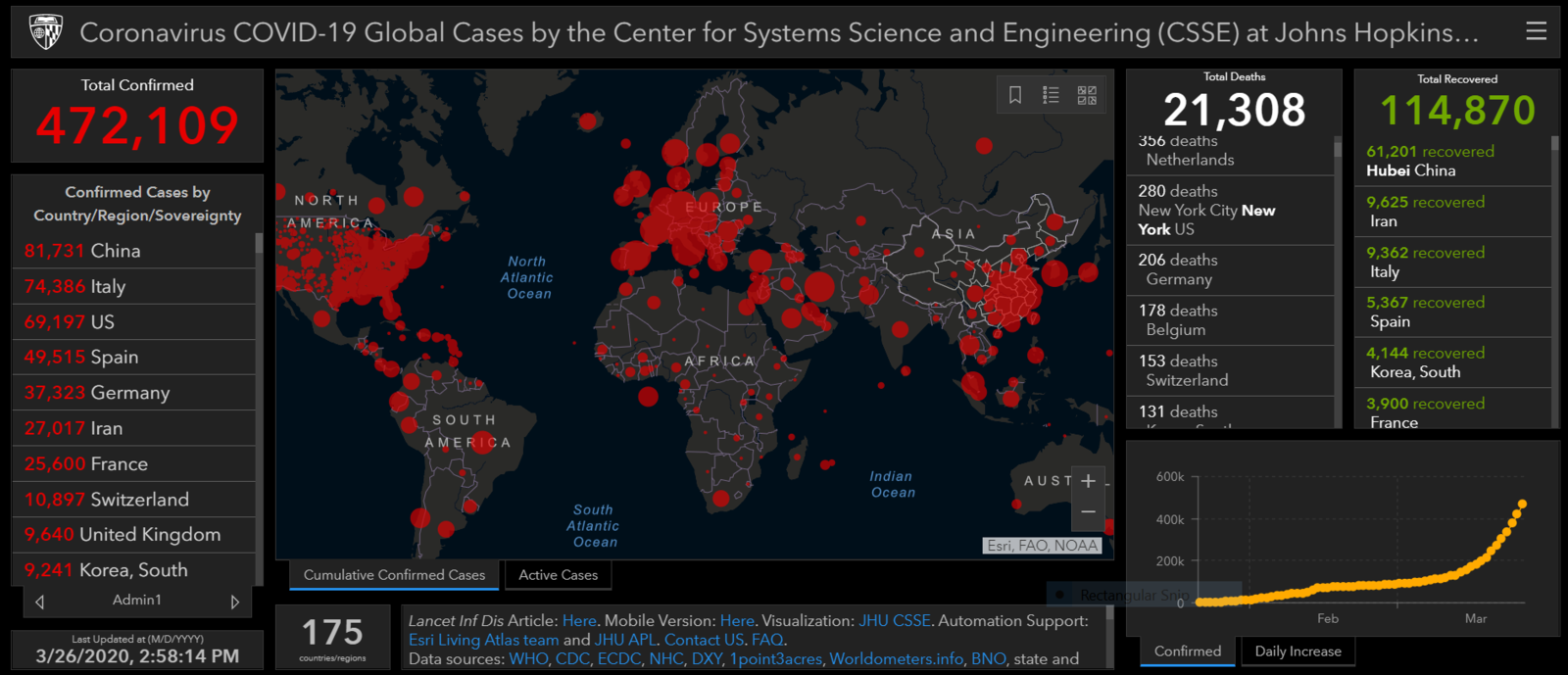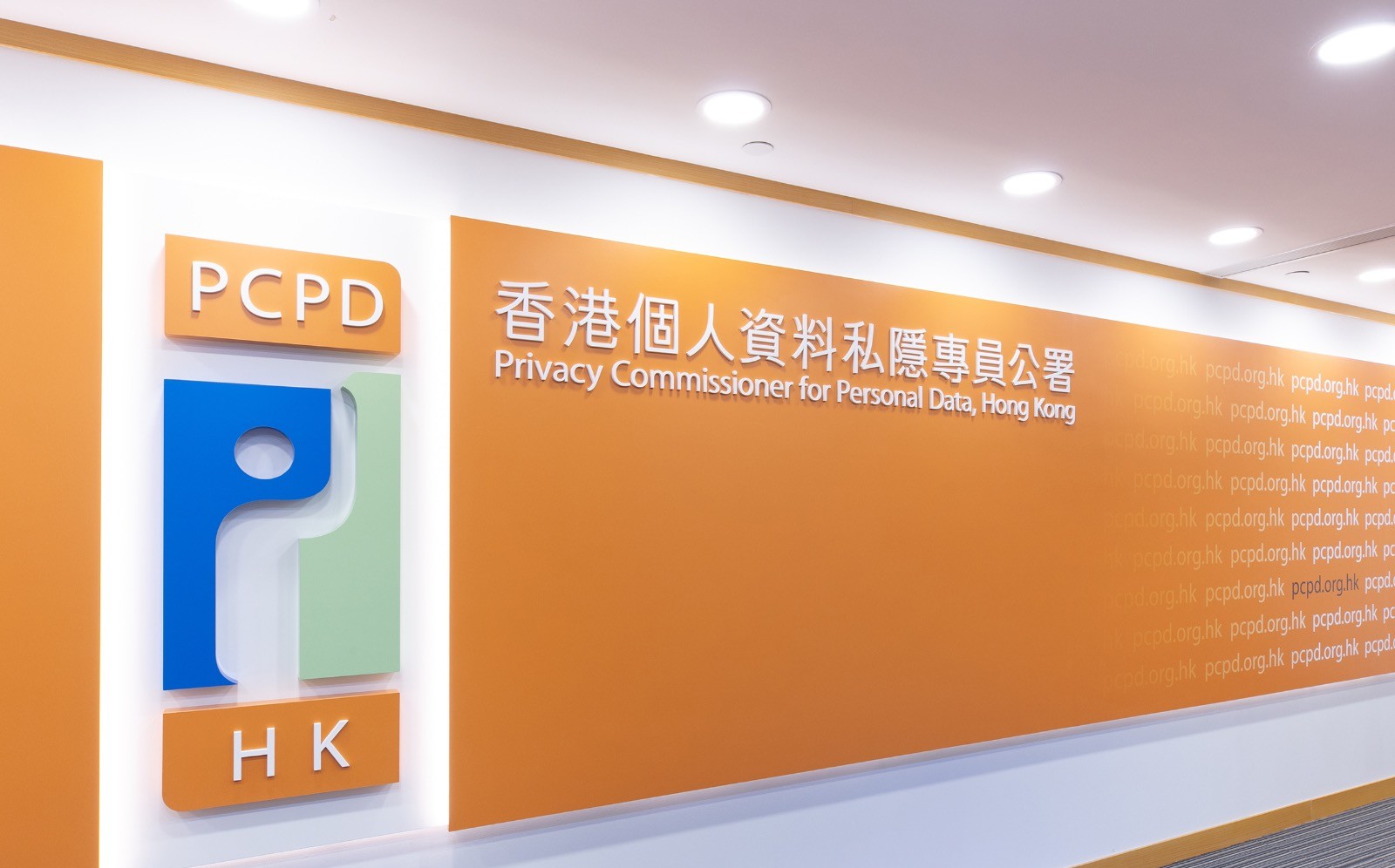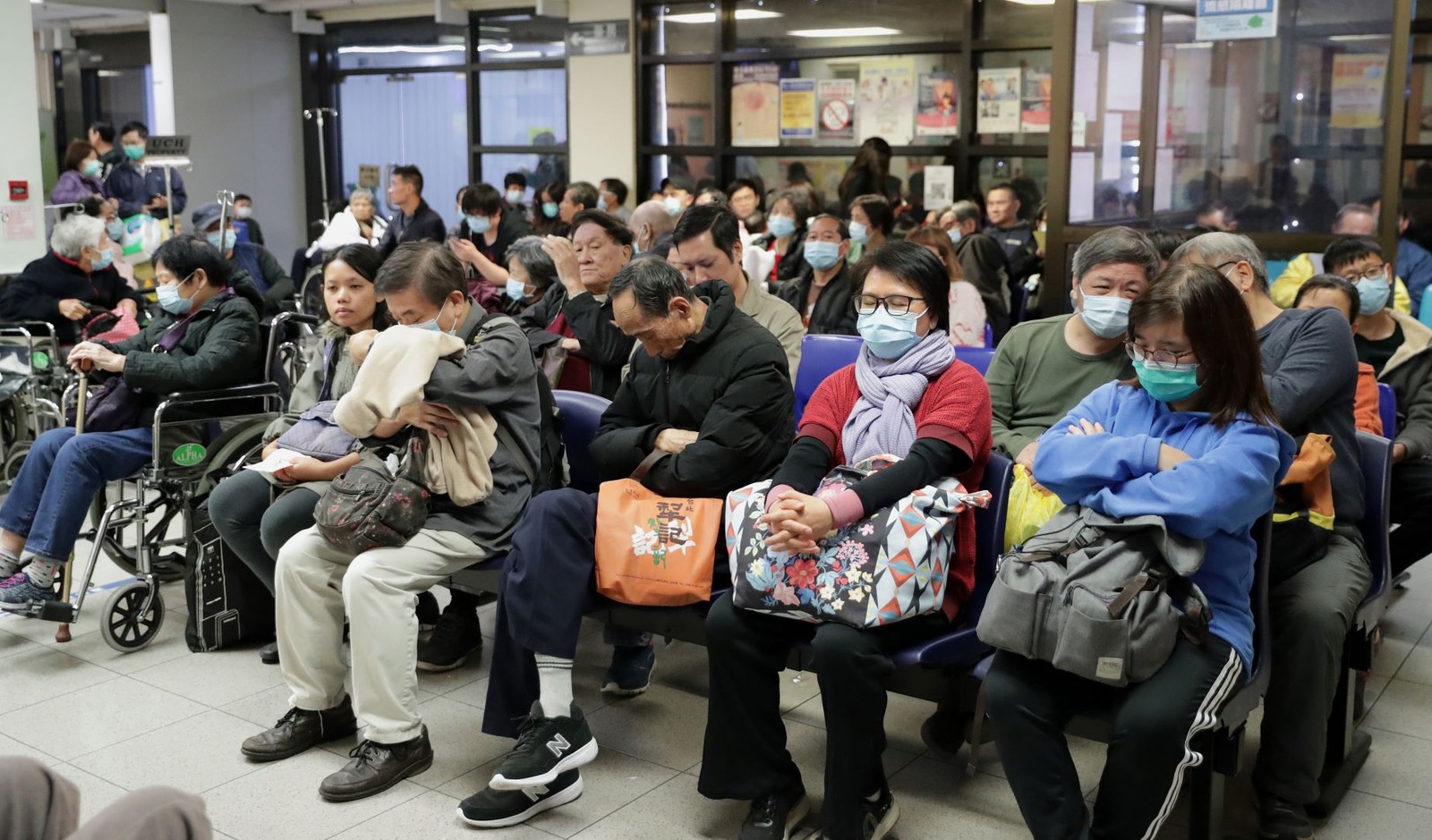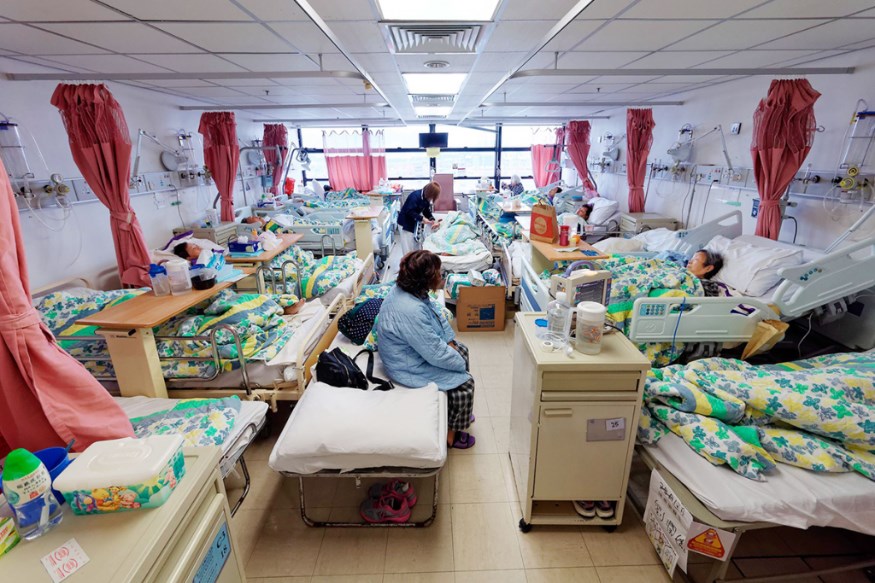HKU Business School at the heart of medical revolution

Professor of Innovation and Information Management and Patrick S C Poon Professor in Analytics and Innovation, Haipeng Shen has been working in the field of AI to help with quick diagnosis of the disease using imaging in order to combat the current COVID-19 crisis. (Screenshot from Coronavirus Resource Center at Johns Hopkins University)
Innovation in healthcare is forever changing how we see and experience the medical industry. The environment is offering HKU Business School (the School) a unique opportunity to be at the forefront of utilising rich data, creating better health outcomes for everyone.
HKU Professor of Innovation and Information Management and Patrick S C Poon Professor in Analytics and Innovation, Haipeng Shen is one of the leading lights of this movement that is using collection and analysis of data to offer insights and support decision making. Having trained as a data scientist, Professor Shen worked on projects as wide as bank call centres, precision medicine and hospitals, but healthcare has become a central focus. “Healthcare is a crucial problem for our society, perhaps the most important one. The ultimate goal is to prevent people from having to go to the hospital, in order to do that we need access to information,” says Professor Shen.
“Healthcare is a crucial problem for our society, perhaps the most important one. The ultimate goal is to prevent people from having to go to the hospital, in order to do that we need access to information”
To combat the current COVID-19 crisis, Professor Shen has been working in the field of AI to help with quick diagnosis of the disease using imaging. When data is grouped together this could for example, easily demonstrate the differences in cases of flu. The information can show who has coronavirus, or SARS – this can be presented in a way that doctors in a local hospital, who may be overwhelmed in the incidence of an epidemic, can understand quickly. “This also helps with hospital operations and improves experience, while reducing cost,” says Dr. Huiyin Ouyang, Assistant Professor of Innovation and Information Management at HKU. “But to get people onboard we need to be very clear about how data is used and keep them informed to encourage them to share,” she adds.
This statistics-based approach can be applied to many aspects of healthcare, a focus of other researchers including Dr. Eric Park, Assistant Professor of Innovation and Information Management at HKU. He has been studying how analytics can help Intensive Care Units and Emergency Departments – and this is just the tip of the revolution transforming healthcare.
Scholars from the School see strong potential to use Hong Kong’s Hospital Authority data, an initiative which has been growing in strength since it started in 2017. But rules in using the data come with restrictions – it is only accessible to very few researchers at a time, and in a centralised location. “Hong Kong has been taking the all important first step of letting researchers access stats, and they have been very protective of personal privacy. However, this protection is also limiting access to researchers, and we are not utilising the full benefit,” says Dr. Park.
The general public, who may be sceptical of allowing their medical data to be used, might not see the reason for allowing researchers access to private information. “People have not seen what we can achieve, and in order for them to realise that, the government needs to push further and demonstrate success stories,” says Dr. Ouyang.

Hong Kong has one of the region’s best developed set of data protection laws, with the Personal Data (Privacy) Ordinance dating back to 1995. (Credit: The Office of the Privacy Commissioner for Personal Data)
Data is the new oil, and the healthcare arena is no exception. “What academics can do is convince the policy makers to allow sensible use of data that protects people,” says Professor Shen. The effectiveness of big data, according to Professor Shen, is that “you get information about many individuals and you leverage that to learn what is best for each person.”
If a doctor has seen only 50 reference points for a certain illness, they may be unsure of how to proceed; yet if they are suddenly able to access millions of cases supported by the right analytics, suddenly treatment and diagnostic problems will become much easier to solve. “That’s the value of a data bank, to be able to help people get better. In Hong Kong, data is also well protected and people should not be overly worried about the commercialisation,” says Dr. Park.
At the heart of this is the concept of trust. “Once this is lost, they will not be willing to share, so protection, secured systems, and clear descriptions for people is crucial to establish confidence,” says Dr. Ouyang.
Hospitals need to evolve with the times and change how they do things. During a recent visit by Dr. Park and Dr. Ouyang to an emergency department, the duo witnessed an in-built smart queuing system that was not in use, as the nurses did not have the time to input data. “Medical personnel should not be doing that, there needs to be another person and a more efficient system to make it work,” says Dr. Ouyang.

Long queues in public hospitals in Hong Kong, particularly in the emergency services and specialist outpatient clinics, are commonplace in Hong Kong. (Credit: SCMP / Edmond So)
With The Internet of Things (IoT) advancing, collection will be made easier and banks will be richer, with wider, faster and more accurate access to data enhanced by 5G networks. In a complementary sense, AI and machine learning will assist with analysing and allow more accurate decisions on treating patients and increasing revenue, quality of care and improve patient outcomes.

Healthcare data analytics and AI technology could be an answer to overcrowding in Hong Kong’s public hospitals. (Credit: Hospital Authority)
Professor Shen is leading a team of researchers at HKU to improve the care of stroke patients in China, part of a RMB 20 million national key project grant awarded by the China Ministry of Science and Technology. The project is enabling doctors to identify symptoms by examining data from other patients, which is particularly helpful to lower-tier hospitals that do not have the skills and resources to cope.
This is not just of the likes of blood pressure, but also how a patient moves and reacts, using cameras and apps to record if a stroke victim is able to regain their movement over time. “Most of my research has recently focused on stroke patients. Once the patient leaves the hospital, the connection between physician and patient is often broken. I’m now asking the crucial question of how we can provide continuous care after the patient is discharged. We use IoT devices to monitor patients at home, allowing hospital teams to see how the patient is progressing,” says Professor Shen.
The result is an exciting vision of healthcare for the future. “In 2030, the data revolution might be able to answer the fundamental challenge of providing the most effective system for the people,” says Professor Shen. “Everyone has the right to affordable, quality and timely healthcare,” he adds.







